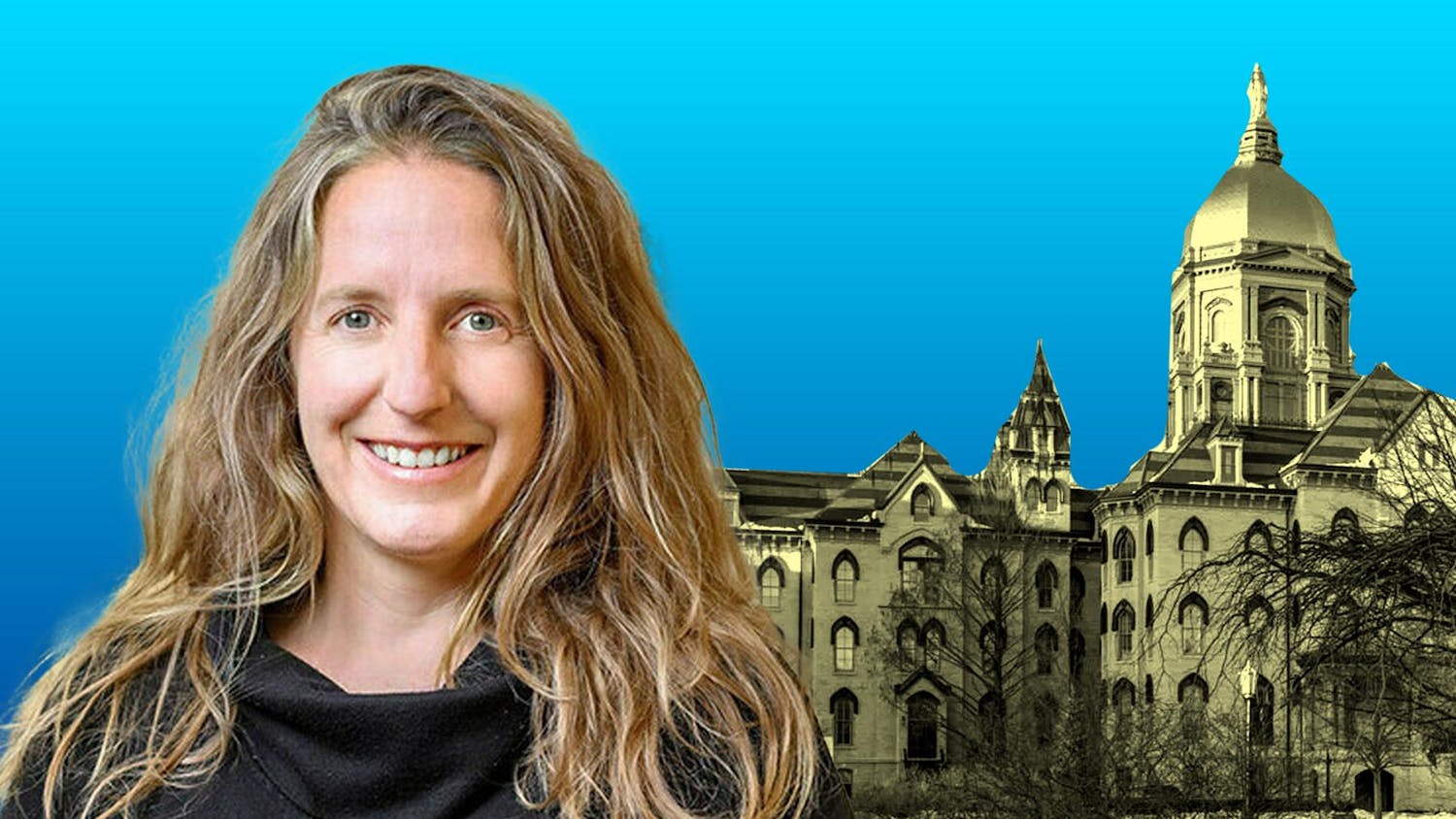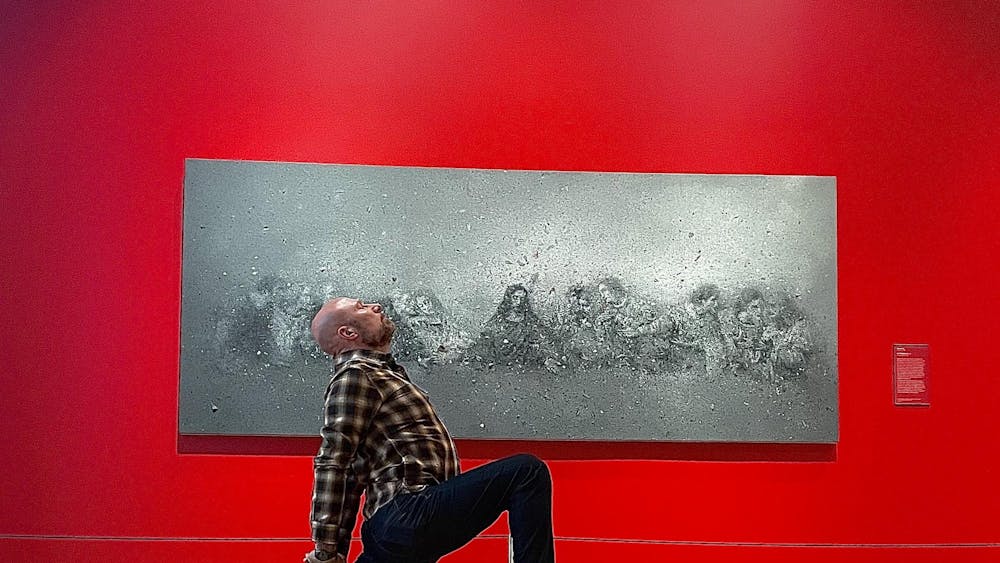Jose Fernandez, the 24-year-old Miami Marlins star pitcher, died Sept. 25 in a boating accident, and was uniformly hailed as a hero to Miami’s Cuban community. Fernandez and his mother escaped by boat to Mexico when he was 15. As is the case with the vast majority of Cuban immigrants to the U.S., Fernandez and his mother then crossed into this country from Mexico, and received the favorable immigration status granted to Cuban refugees.
Despite the fact that Cuba’s communist government restored diplomatic relations with the U.S. last year, neither Cuba’s official newspaper, Granma, nor any other state media, made mention of Fernandez’s death. Cuba still characterizes people fleeing the country as traitors, and the official response is a reminder that the U.S. is still treated with suspicion.
The Cold War may be winding down, but many spies, traitors and troubling secrets remain to be sorted out and accounted for by both countries. On the day that the U.S. and Cuba announced renewed diplomatic relations, the countries exchanged long-held spies, including three Cuban sleeper agents held by the U.S. since 1998, a CIA double agent held in Cuba since 1995 and a U.S. State Department contractor arrested in 2009 for smuggling communications equipment into Cuba for dissidents.
One of the most notorious figures remaining to be dealt with is alleged to be the mastermind behind a 1976 explosion aboard an aircraft that took 73 lives and was likely the first bombing of a civilian passenger jet in this hemisphere. Cuba has repeatedly sought the arrest and extradition from the U.S. of Luis Posada Carriles, an 88-year-old Cuban exile, to face terrorism charges for the bombing of Cubana de Aviacion Flight 455. In 1997, Posada admitted to being the mastermind behind the bombing of a Havana hotel which killed an Italian tourist.
In 2000, Posada and his co-conspirators were arrested in Panama in possession of 200 pounds of explosives which were to be used in a plot to kill Fidel Castro. Posada and his accomplices were convicted and imprisoned. In 2004, Panama’s outgoing President, Mireya Moscoso, pardoned them, and Posada shortly reappeared in the U.S., where he was arrested for immigration fraud. In 2011, he was tried for the fraud charges, but in a curious twist the judge found him not guilty on all charges after Posada’s lawyer indicated that Posada was prepared to reveal the details of his work on behalf of the CIA. Posada remains a free man in Miami, and at the top of Cuba’s ‘most wanted’ list.
The U.S. exile in Cuba that American law enforcement claims it most wants to extradite is Assata Shakur. Born JoAnne Deborah Byron, Shakur was a member of the former Black Panther Party and Black Liberation Army. Between 1971 and 1973, Shakur was convicted of several crimes, including murder, and fled federal and state officers across a number of states. In 1973, Shakur was confronted on the New Jersey Turnpike, and she was accused of killing a New Jersey State Trooper in the resulting shootout. In 1977, she was convicted of the first-degree murder of the trooper.
Shakur escaped from prison in 1979, lived for a while as a fugitive and fled to Cuba. Her exploits and trials had been followed with interest in the Soviet Union and Cuba, and she received Cuban political asylum in 1984. In 2005, the FBI classified her as a domestic terrorist and offered a $1 million reward for assistance in her capture. The FBI added her to the Most Wanted Terrorist list in 2013; the same day, the New Jersey attorney general matched the FBI reward, making the total reward for her capture come to $2 million. In the years since her initial arrest, Shakur has become a mythic figure, something of a combination of Robin Hood and Sojourner Truth, emblematic of a long struggle against authority and embedded racism.
These strands of symbolism and acknowledged violence make Shakur’s extradition a complicated matter: Cuba does not want to lose such a powerful symbol of U.S. injustice and, while they want her to pay for her crimes, U.S. authorities may be less than enthusiastic in returning Shakur to a position of prominence. Similarly, Cuba’s desire to have Posada extradited and place him on trial for terrorism is especially fraught with this country’s concerns over the secrets Posada may divulge and the embarrassment and political fallout such disclosures may produce. In addition, the motives of these actors are not always clear and neither country wants unexpected revelations concerning who they actually served.
So as relationships between the countries improve, both Cuba and the U.S. officially seek and condemn perpetrators held by the other, maintaining the official line that they want these persons returned, while not entirely sure they want that to happen anytime soon. These types of concerns will make ongoing engagement and normalization of relations with Cuba complicated as both countries ease onto the ever-thinning ice of the Cold War.
Frozen secrets
The views expressed in this column are those of the author and not necessarily those of The Observer.









